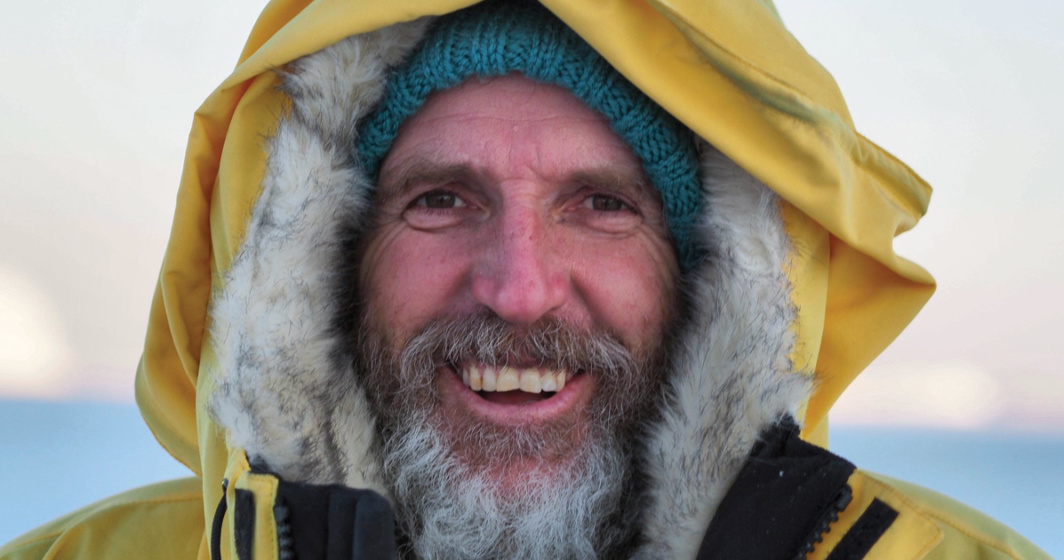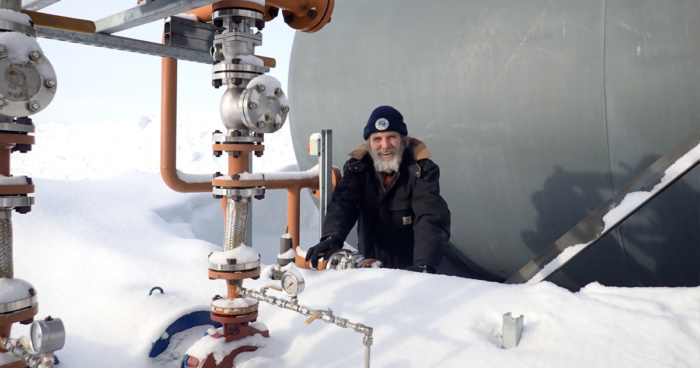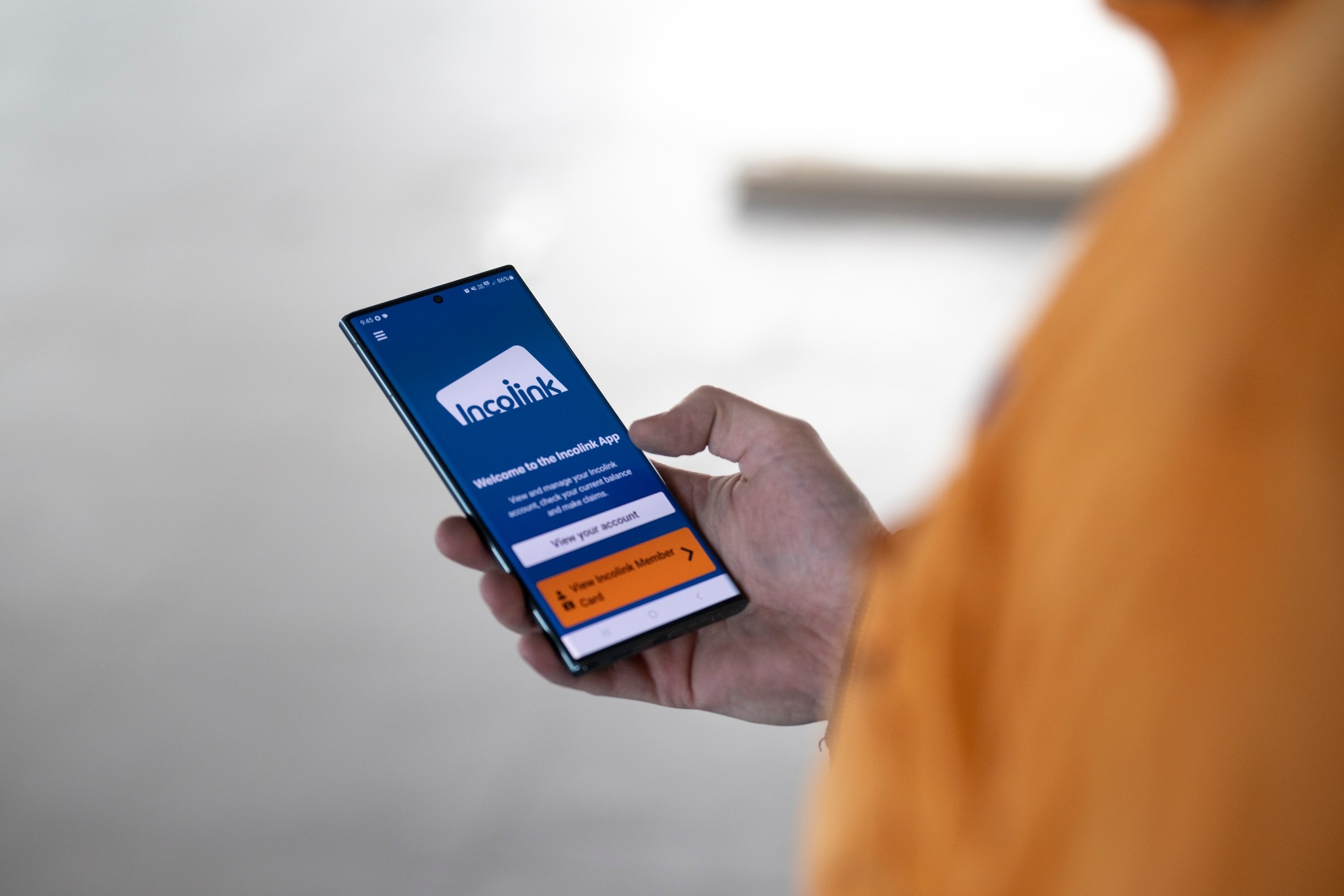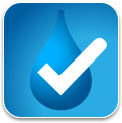Few people in the plumbing industry have chalked up as many unique experiences as Shane Bilston, he spoke to Kathryn Kernohan from one of Australia’s permanent research stations in Antarctica.
Shane Bilston’s plumbing career has taken him from Ballarat to Antarctica, via Uluru and Ethiopia.
“I started my apprenticeship in Ballarat in 1977 where I had a variety of work from public housing maintenance through to installing heating, a mix of commercial and industrial work,” he says.

“When I finished my apprenticeship, I worked in Queensland and the Northern Territory in a variety of plumbing jobs, (including) spending 12 months working as a construction plumber at Uluru when they started building the Yulara Tourist Village. I saved enough money to head overseas for two years, which stretched into six years, (where) the biggest eye opener was supplying water to a refugee camp in Ethiopia in the famine of 1984.”
Having already racked up countless frequent flyer miles throughout his career, Shane had a chance encounter with someone who had worked as a chef as part of the Australian Antarctic Program and decided to throw his hat in the ring.
“I was 55 and thought I’d be too old but put in an application anyway. It went well and I managed to get in. I really wanted to go to Antarctica because I’d been to every other continent and wanted to tick them all off and it did sound like such an amazing place that was very difficult to get to.”
Australia operates three permanent research stations in Antarctica - at Mawson, Davis and Casey - as well as one on sub-Antarctic Macquarie Island. From these stations, worldclass scientists work to understand, conserve and protect Antarctica’s environment and life form, with the program supported by skilled station leaders, tradespeople, scientists, doctors, and chefs.
Shane took part in two months of training in Hobart prior to his first Antarctic expedition in early 2017.
“I was like a kid going on a big adventure. Getting kitted out with all the gear, meeting all the people I’d be working with and learning about what to expect when I got there. The other plumber was also a newbie, so excitement was pretty palpable and it wasn’t until we actually stepped ashore at Mawson that we believed it was really happening,” he says.
“We met the departing plumbers and they showed us around - panic set in but it wasn’t long before it all started making sense. There’s heaps of support from the plumbers back at the AAD (Australian Antarctic Division) if you need it.”
Shane spoke to Australian Plumbing from Casey station, where he is on his third expedition. He is one of four plumbers at the station, where “technically two of us do maintenance and the other two do projects, but we cross over a bit.”
A typical workday runs from 7.30am to 4.30pm which provides challenges of its own - “in summer its 24 hours of daylight but in the depths of winter it doesn’t get light until after smoko and it’s dark just after lunch.”
Plumbing work in Antarctica spans day-to-day jobs to monthly, quarterly, six monthly and annual tasks.
“As the maintenance plumbers, we have to collect water each morning from a frozen lake and transfer it into warmed holding tanks. We burn waste that can’t be shipped back to Australia such as food scraps and we maintain the waste treatment plant. There are quite a few things that are Antarctica-unique such as using a melt bell to collect water.
“We deal with breakdowns as they arise, do small project jobs and fix things as we go, and work with all the other trades where needed. We also do a lot of training - you need to do survival training as well as field training which involves several nights out on the ice.”
Each station operates like a small town, with its own activities and entertainment.
“We have a bar with a darts board and a pool table, as well as a nice cinema. There’s a couple of gyms, a library, reasonable internet and lots of interesting people with great stories and a wide range of life skills,” says Shane.

“We have a big commercial kitchen that we also look after plumbingwise, and a chef who cooks great meals. We have a variety of theme nights such as quiz nights and mini golf, and the biggest day of the year is Midwinters Day where we go for a dip in a hole cut in the sea ice and then dress up for a formal dinner.”
“There are also opportunities to go out to several huts scattered in various locations within a couple of hours of the station. They are in pretty amazing settings and in summer have access to penguins and seals which is pretty cool.”
For the second time, Shane has put his hand up to serve as a Lay Surgical Assistant on the station. The program equips a small number of Antarctica-bound tradespeople and technicians with the skills they need to support the station doctor in case of a medical emergency.
“I was trained as the assistant anesthetist, a good role for plumbers as you are dealing with gases, gauges and tubes. Pre-COVID we did two weeks of training in the operating theatres at Royal Hobart Hospital (which) puts you in a good position so if something bad happened on the station, the shock of operating on someone would be out of the way and you could focus on the skills you learnt.”
“Fortunately, I haven’t had to put anyone to sleep yet but I have helped with a couple of minor tasks such as putting a plaster cast on a wrist and being a dental nurse for a tricky filling. Holding that suction tube in the right spot and not sucking up your mate’s inner cheek is quite a skill.”
Shane doesn’t hesitate to recommend the Antarctic experience to other plumbers.
“I love the variety of work and the challenges of doing that work when there are no shops down the road. I love how closely you work with the other trades, I love watching the seasons change. Even the sounds of the blizzards hammering the buildings are awesome.
“There’s probably not a day goes by that I don’t have a moment where I stop and just look around and think how privileged I am to be in such an amazing place that most people will never get the chance to see.”
For more information about the Australian Antarctic Program, visit www.antarctica.gov.au
Share this Article






